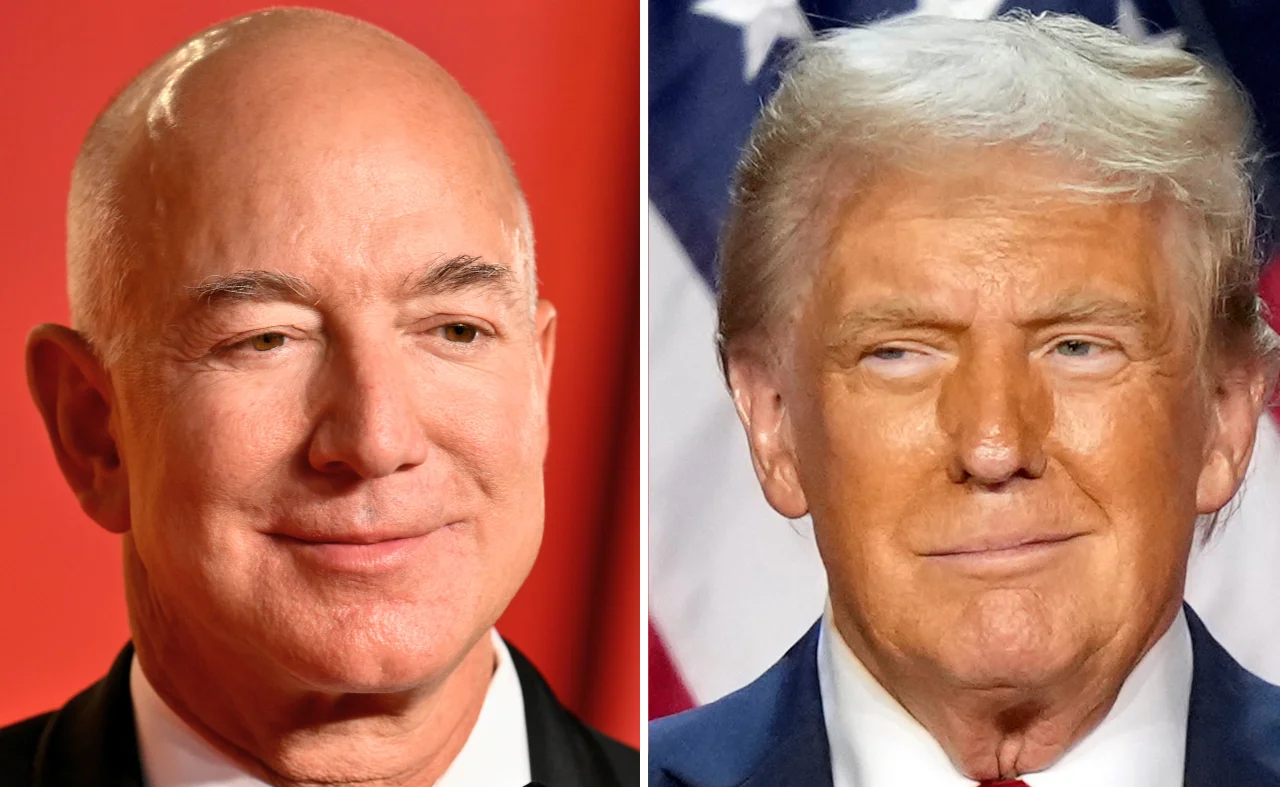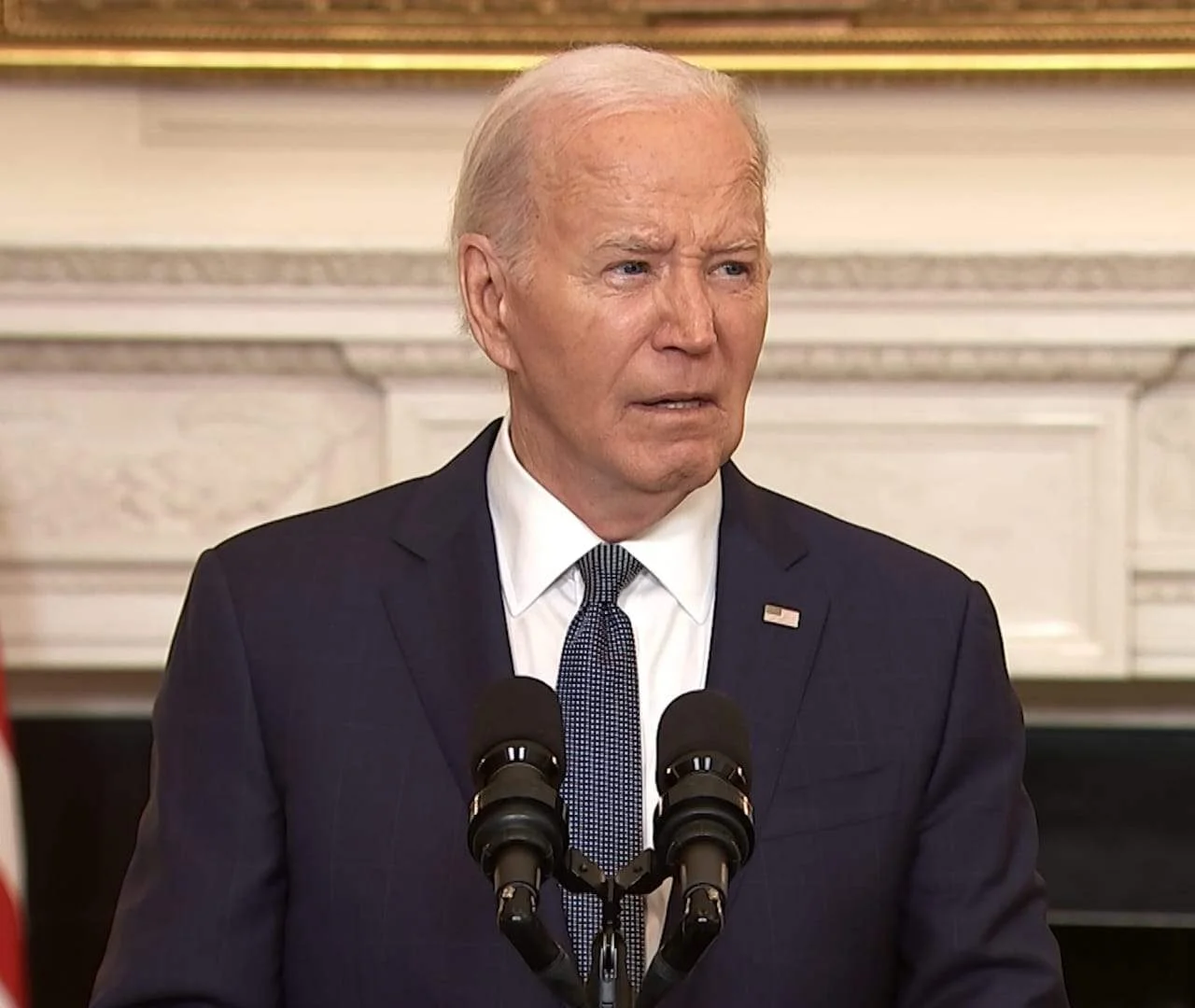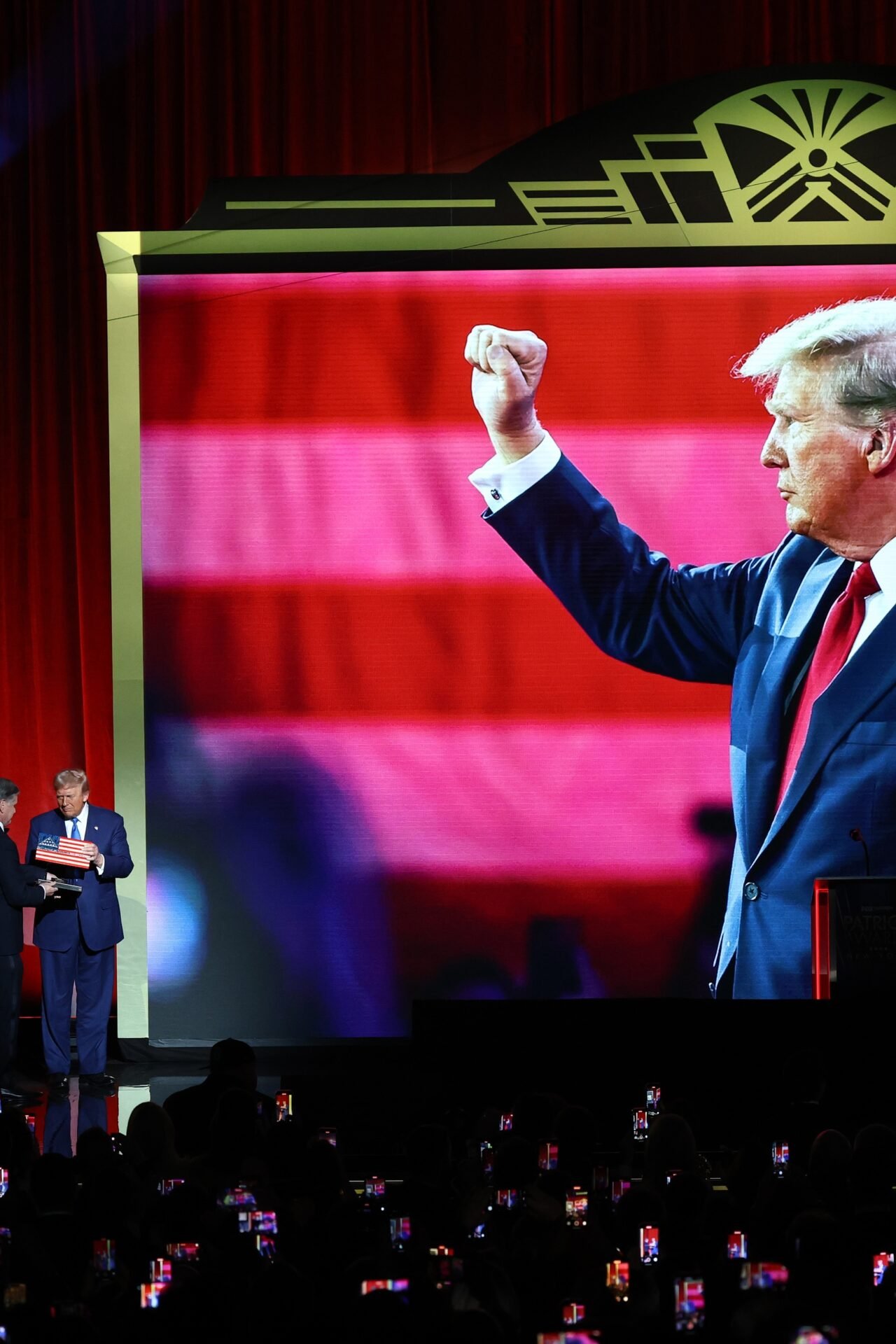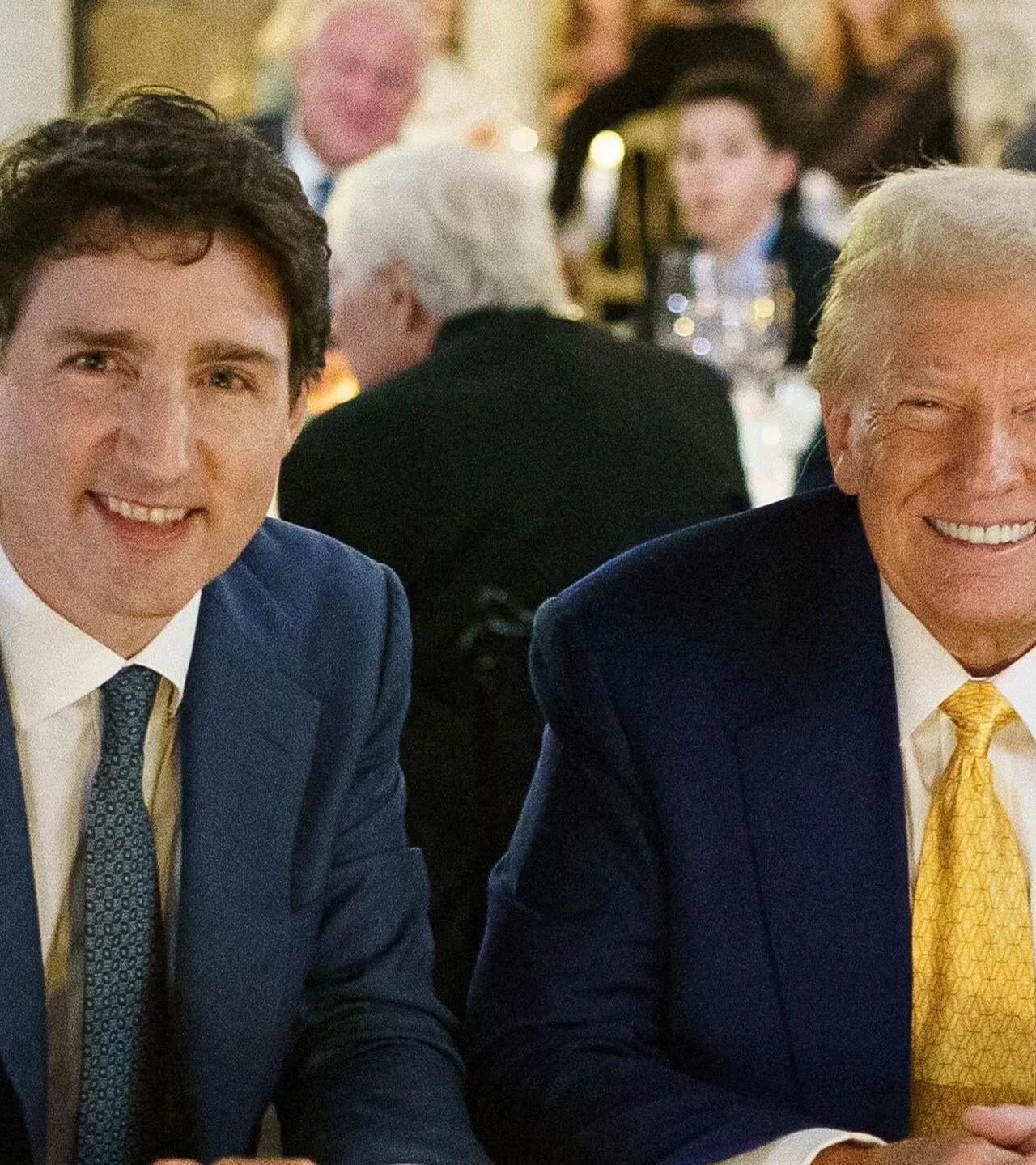Donald Trump has accused Manhattan District Attorney Alvin Bragg of being “forced” by the Biden administration to prosecute him. The claims come just days after a judge ruled that Trump’s sentencing in the hush-money case will occur ten days before his presidential inauguration on January 20, 2025.
On Friday, the judge announced that Trump, who was convicted earlier this year on charges related to hush-money payments, is unlikely to face jail time or other severe penalties. However, the president-elect took to Truth Social on Sunday night to criticize Bragg and the trial’s judge, Juan Merchan, calling the proceedings a politically motivated effort to harm him.
In his post, Trump alleged that Bragg initially did not want to bring the case against him. “D.A. Alvin Bragg never wanted to bring this lawless case against me,” Trump wrote. “He was furious at the way it was handled, and especially angry at Mark Pomerantz [New York District Attorney Prosecutor] for his behavior and what he did.”

Trump also suggested that the Department of Justice (DOJ) under Biden and Harris pressured Bragg to act, stating, “The Biden/Harris DOJ forced Bragg to concoct anything to embarrass Trump.”
The former president saved his strongest criticism for Judge Merchan, accusing him of being biased and politically motivated. Trump called Merchan a “corrupt and totally conflicted political hack” and criticized what he described as an “unconstitutional gag order” that prevents him from addressing the judge’s alleged “highly disqualifying conflicts of interest.”
Trump has consistently argued that the trial is meritless. “Virtually every legal scholar and pundit says THERE IS NO (ZERO!) CASE AGAINST ME,” he wrote. He accused Merchan of fabricating facts and twisting the law, likening the trial to what he called other “judicial and prosecutorial witch hunts” he has faced in New York.
The case revolves around a $130,000 payment Trump’s former lawyer Michael Cohen made to adult film actress Stormy Daniels to keep her quiet about an alleged sexual encounter with Trump, which he denies. A jury in May found Trump guilty of falsifying records to conceal the payment before the 2016 election.
The judge stated that Trump could attend his sentencing either in person or virtually and suggested that incarceration was not a likely outcome. The judge indicated that an “unconditional discharge” — no custody, fines, or probation — might be the most appropriate sentence.
The legal battle has become a major flashpoint in Trump’s political career. He has framed the case as part of a larger conspiracy to derail his 2024 presidential campaign. “It’s all rigged, in this case against a political opponent—ME!” Trump declared, calling the trial a direct attack on democracy.
Trump’s sentencing, scheduled for ten days before his inauguration, marks an unprecedented situation in U.S. history. No sitting or former U.S. president has ever faced criminal charges, let alone been convicted.


Judge Merchan rejected Trump’s efforts to dismiss the case, asserting that overturning the jury’s decision would “undermine the Rule of Law in immeasurable ways.” Trump’s defense team argued that having the case unresolved during his presidency could interfere with his ability to govern, but the judge dismissed this argument, stating that “Defendant’s status as President-elect does not require the drastic and rare application” of dismissal.
Merchan also criticized Trump’s conduct during the trial, citing “unrelenting and unsubstantiated attacks” on the judicial system. The judge noted that Trump had been found guilty of ten counts of contempt for repeatedly violating an order restricting out-of-court statements about witnesses and others involved in the case.
Trump’s sentencing was originally set for July 2024 but has been delayed multiple times. Merchan ultimately ruled that sentencing would take place before the inauguration, dismissing Trump’s argument that it should wait until after his presidency. The judge noted that while Bragg’s office had suggested delaying the sentencing until after Trump’s term, this option was “less desirable” than resolving the matter before January 20.
The case is just one of several legal battles Trump has faced. In 2023, he was charged in three other state and federal cases, including one involving classified documents and two related to his attempts to overturn the 2020 election. He pleaded not guilty in all of them. Following his election victory, the Justice Department dismissed the two federal cases.
Trump’s criminal case in Georgia, where he is charged with attempting to overturn the 2020 election results in the state, remains unresolved. Meanwhile, legal experts continue to debate the implications of his sentencing and how it will impact his presidency.
This highly publicized trial has sparked widespread discussion about the intersection of politics and the legal system. As Trump prepares to assume office while facing legal challenges, the unprecedented nature of these events continues to draw intense scrutiny.





